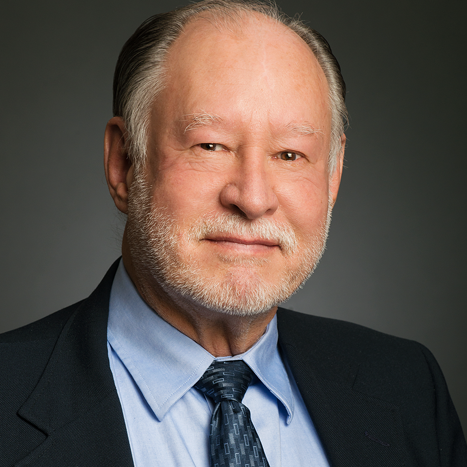
Overview
From the opioid crisis to childhood lead exposure, Altarum’s Value of Health tool quantifies the impact of public health issues, giving communities the insight and data needed to respond with precision.
Our Approach
Developed with funding from the Robert Wood Johnson Foundation, the Value of Health tool measures the long-term impacts of investments in the social determinants of health on earnings, health, incarceration, education, and life expectancy. These impacts are converted to an overall dollar impact—and the portion of this impact that consists of health care spending—for a defined community. Results also show how the investment accrues benefits and costs to people and organizations that can influence the investment.
Results
Through the Value of Health tool, Altarum has calculated the economic toll of the opioid crisis —$1 trillion since 2001. We have also estimated that the negative lifetime economic impacts of childhood lead exposure will exceed $84 billion dollars, and the financial burden of health inequities on the US economy. Communities we work with are using these estimates to raise awareness of health challenges, formulate policies, and generate support to fund investments in public health.

Contact Us

George Miller - PhD, BSE, MSE
Fellow and Research Team Leader
Areas of Expertise- Value of Health
- Low-Value Care
- Health Economics
Dr. George Miller is a fellow participating in Altarum's efforts to track national spending, analyze the drivers of spending growth, and quantify a sustainable spending growth rate. Dr. Miller received his BSE, MSE, and PhD degrees in industrial and operations engineering from the University of Michigan, where he subsequently served as an adjunct assistant professor.

Corwin (Corey) Rhyan - MPP
Research Director, Health Economics and Policy
Areas of Expertise- Health Economics
- Health Policy Analysis
- Economic Modeling
Corey develops tools that model the societal benefits of improved population health and conducts economic analyses of health sector policies. He holds a master’s degree in public policy from the University of Michigan and a bachelor’s degree in economics from Washington University in St. Louis.